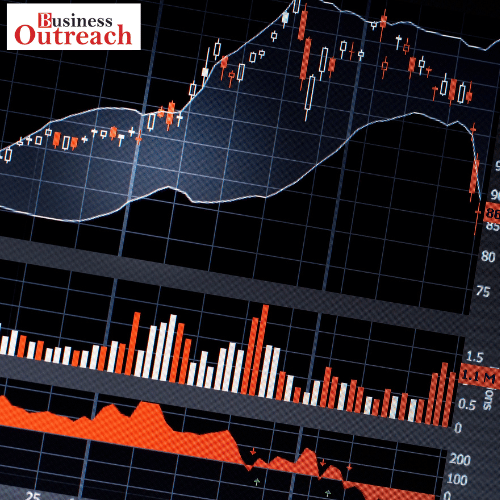Because of recent currency weakening, some market observers believe that the central bank of Japan will continue to pursue its ultra-dovish monetary policy in an environment of high rates and rising inflation.
The Japanese yen has been falling back towards the levels that last forced policymakers to intervene to maintain the currency. This occurs as overseas investors take advantage of a surge in Tokyo equities as a result of the more favourable exchange rate.
After crossing that threshold at the end of last month for the first time since November, the Japanese yen traded just above 140 against the US dollar on Monday.
In order to support the yen last year, Japan’s Finance Ministry intervened with around $68 billion on three different days: Sept. 22, Oct. 21, and Oct. 24 — as the currency weakened to levels last seen in 1990, when it hit 150 against the dollar. Typically unannounced, interventions involve the central bank purchasing substantial sums of yen with sizable dollar reserves.
Joey Chew, the head of Asian foreign exchange research at HSBC, said that the recent movement of the yen will raise concerns about whether or not the government will step in to support the currency.
“We expect there will soon be questions regarding potential MoF [Ministry of Finance] action,” she said in a research note on Thursday. “USD-JPY has broken over 140 (on the basis of higher U.S. yields).
She said that fast action is less likely, citing recent remarks made by Finance Minister Shunichi Suzuki.
When compared to the months leading up to the September 2022 intervention, she claimed, “the language used is definitely not as tough.”
As the yen continued to drop, Masato Kanda, Japan’s vice minister of finance for foreign affairs, reportedly told reporters last week that the government would intervene if necessary. After an impromptu meeting with representatives of the Japanese Finance Ministry, Kanda made his remarks, according to the publication.
We’ll keep an eye out for phrases like “sense of urgency,” “excessive,” “one-sided,” and “ready to act,” Chew added, coming from more speakers like Kanda or even Prime Minister [Fumio] Kishida.
This time, Chew added, the government might step in if the yen crosses the 145 mark against the dollar.
In the meantime, experts at Goldman Sachs stated in a research paper published on May 26 that further interest rate increases by the U.S. Federal Reserve will weaken the yen even further.
The rate differences between the central banks of the United States and Japan will continue as long as the Bank of Japan maintains its ultra-dovish policy of negative interest rates, they said.
On June 15 and 16, the Bank of Japan will meet to discuss monetary policy. Global investors typically avoid currencies (like the yen) where interest rates are still extremely low in favour of those where a central bank is raising rates in the hopes of earning a larger return on their investments.














